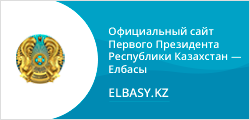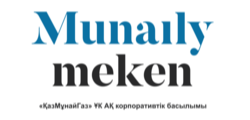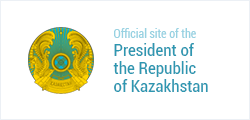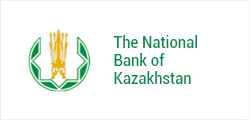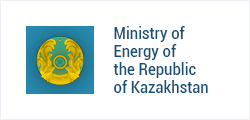Corporate Governance
- Main Page
- About Us
- Corporate Governance
Corporate Governance
Comparatively to 60.9 percent in 2022, 60.8 percent of enterprises in 2023 complied with international standards for best practices. A proposal that involves the Board of Directors, shareholders, and the Centralized Internal Audit Service has been decided upon by one shareholder. One of the most important variables in determining how competitive a corporation is is corporate governance.
Without an efficient system in place to regulate interactions between the Board of Directors, the executive board, and the shareholders as well as without investors’ trust that the management of the Company uses their funds wisely to achieve capitalization growth, the Company will never be able to grow. Since its approval, Turkistan Oil Refinery corporate governance has undergone annual diagnostics to ensure that it complies with best practices. The diagnostics identify weaknesses in the governance framework and make recommendations for improving the level of governance within the organization. In order to ensure conformity with global best practices, corporate governance reform actions are also implemented based on the diagnostic results.
The Kazakhstan Corporate Governance Code, which is applicable to businesses listed on the Official List, will be used by the Company. As a result, the Company must adhere to the QCA Corporate Governance Code for Small and Mid-size Quoted Companies (the “QCA Code”) as published by the Quoted Companies Alliance (the “QCA”), to the extent that it is practical given the size, nature, and board composition of the Company. Here you may find an overview of how the QCA Corporate Governance Recommendations relate to the Company.
The QCA Code was developed by the QCA as an alternative corporate governance code applicable to AIM firms after consultation with a number of prominent institutional small company investors. The QCA believed that the Kazakhstan Corporate Governance Code was inappropriate for many AIM firms, hence an alternative code was created. A code of best practices for AIM businesses is laid forth in the QCA Code. According to those rules, among other things:
- certain matters be specifically reserved for the board’s decision;
- the board should be supplied in a timely manner with information (including regular management financial information) in a form and of a quality appropriate to enable it to discharge its duties;
- the board should, at least annually, conduct a review of the effectiveness of the Company and its subsidiaries’ system of internal controls and should report to shareholders that they have done so;
- the roles of chairman and chief executive should not be exercised by the same individual or there should be a clear explanation of how other board procedures provide protection against the risks of concentration of power within the company;
- a company should have at least two independent non-executive directors and the board should not be dominated by one person or group of people;
- all directors should be submitted for re-election at regular intervals subject to continued satisfactory performance;
- there should be a dialogue with shareholders based on a mutual understanding of objectives.
The Company will take all reasonable measures to ensure compliance by the Directors and applicable employees with this Rule 21, including the adoption of a share dealing code, in accordance with and subject to the provisions of Rule 21 of the AIM Rules. The Company will ensure that the Directors and applicable employees shall not deal in any of the Ordinary Shares during a close period (as defined in the AIM Rules).

